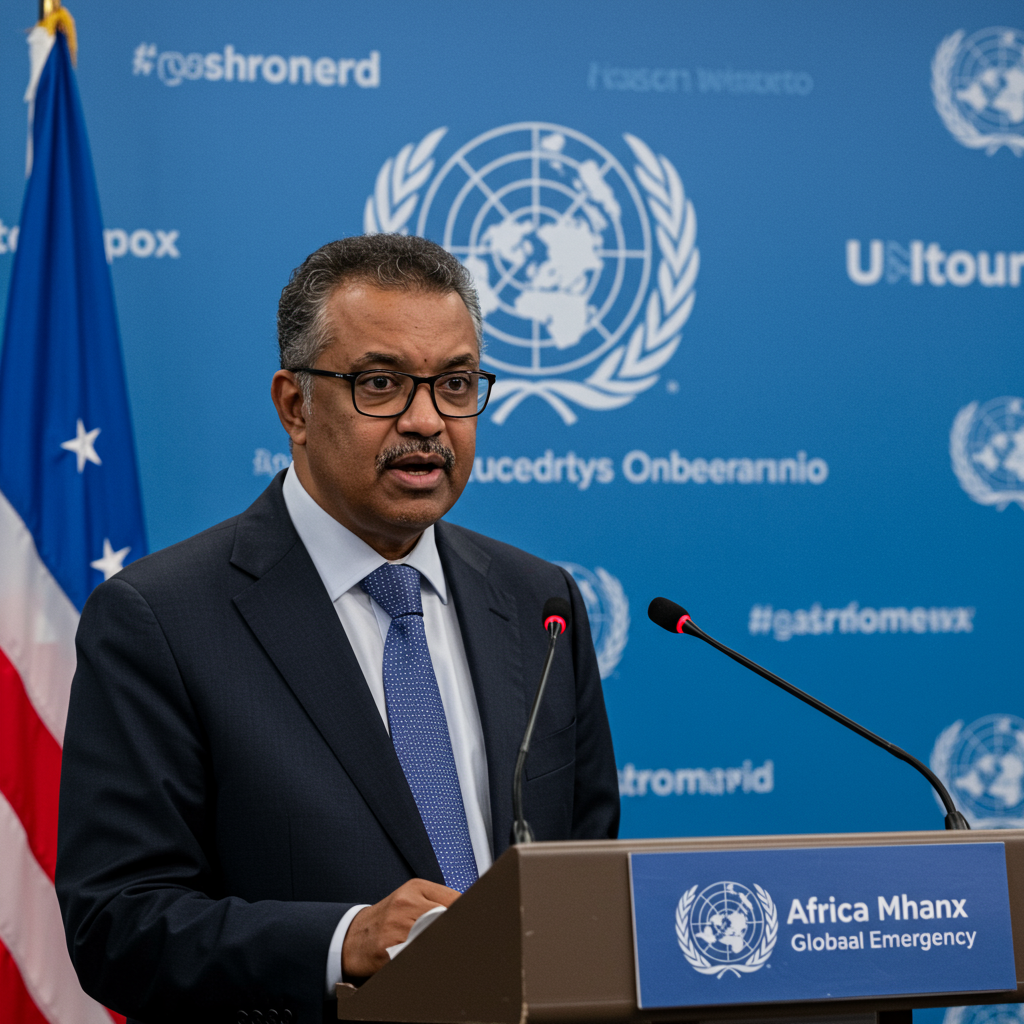Hungarian Prime Minister Viktor Orban has ignited a fierce political debate, labeling the recent Budapest pride march a “repulsive and shameful” event. Speaking days after the large demonstration, Orban directed sharp criticism towards the European Union, specifically accusing Brussels of orchestrating the parade by instructing opposition politicians to organize it. This assertion, delivered in a private online forum, highlights the escalating tensions between Hungary’s government and its critics, both domestically and within the EU, particularly concerning LGBTQ+ rights and national sovereignty ahead of upcoming elections.
Prime Minister orban’s Strong Condemnation
Addressing his supporters in a closed online group known as Fight Club, Prime Minister Orban did not mince words. He described the Budapest Pride march as a “disgusting spectacle,” according to reports from local media outlets. Orban expressed profound disapproval of elements he claimed to have observed during the event. Specifically, he mentioned a drag queen show on stage, men wearing high heels, and the distribution of brochures promoting hormonal therapies. He stated these specific aspects contributed to his view that the event was “repulsive and shameful.” This detailed criticism underlines the cultural and social battle lines being drawn by the Hungarian government.
Accusations Against the EU and Opposition
A central part of Orban’s message was the accusation that the event was not a spontaneous demonstration but one orchestrated by external forces. He claimed that opposition politicians in Hungary were acting under instructions from “Brussels.” According to his remarks reported by Index, these politicians allegedly called on their supporters to attend the Pride march in large numbers, effectively turning it into a significant anti-government protest. Orban framed this purported foreign influence as a threat. He asserted that the event proved such individuals influenced by external bodies should not be allowed near the “helm of government.” He vowed his administration would prevent this.
However, reports noted that Orban did not offer any specific evidence to support his claims that the EU or “Brussels” directed the organization of the event or instructed opposition figures. While the municipality of Budapest, led by Mayor Gergely Karacsony, was involved in organizing the event, Orban’s government has a long history of accusing Karacsony of being a “puppet” of Brussels.
The Context of the Budapest Pride March
The march itself, held in Budapest on June 28, 2025, proved to be a momentous occasion. Despite a police ban that threatened participants with fines, an estimated 100,000 people joined the demonstration. This massive turnout transformed the event into one of the largest displays of opposition to Viktor Orban’s government seen in recent years. The defiance of the ban by such a large crowd underscored the depth of feeling among those who oppose the government’s policies, including its stance on LGBTQ+ rights.
The Disputed Ban and Legal Challenges
The police ban on the Pride march was reportedly based on a law passed in March 2025. This legislation permits the prohibition of Pride events, citing the controversial justification of needing to protect children. The government argues that such public displays are harmful to minors. However, critics and opponents of the government view this ban and the underlying law very differently. They interpret it as part of a broader and deliberate crackdown on democratic freedoms and civil liberties within Hungary. This perspective is particularly relevant given the timing, occurring less than a year before the next national election.
Opponents argue that using child protection as a justification is a tactic to suppress dissent and marginalize the LGBTQ+ community. The large attendance despite the ban can be seen as a direct challenge to the government’s authority and its attempts to restrict public assembly and expression.
Wider Political and Social Implications
The clash over the Budapest Pride march is deeply embedded in Hungary’s current political landscape. Prime Minister Orban’s Fidesz party has held a dominant position in Hungarian politics for 15 years. However, he is expected to face a strong challenger in the upcoming national election. Events like the Pride march and the government’s reaction highlight key dividing lines between the ruling party and the opposition, often centered on social values, human rights, and the relationship with the European Union.
Just days before the march, Ursula von der Leyen, the President of the European Commission, had publicly called on Hungarian authorities to permit the Pride parade to proceed. Orban reacted strongly to this, stating on Friday that von der Leyen regarded Hungary “as a subordinated country.” He reportedly likened her message to receiving orders from Moscow during the communist era, a potent historical comparison in Hungary. This exchange illustrates the deep friction between Budapest and Brussels over issues of fundamental rights and the rule of law.
Government Stance on LGBTQ+ Rights
Under Viktor Orban’s leadership, the Hungarian government has progressively curtailed the rights of the LGBTQ+ community over the past decade. This has included measures such as banning legal gender recognition and restricting the content that can be shown or discussed in media or educational materials regarding homosexuality and gender identity. The government consistently defends these restrictions by arguing that the need to protect children overrides other rights. This position is echoed by government figures. For instance, Balázs Orbán, the Prime Minister’s political director, has claimed that despite perceived aggressive promotion of “gender propaganda” by Brussels and Western media, the majority of Hungarians support the government’s stance, summarized as “Not in front of our children!” He cited polls as evidence for this claim, asserting that most Hungarians oppose the Pride parade.
This ideological stance forms a core part of the government’s Christian-conservative agenda. Critics, both domestically and internationally, argue that these policies discriminate against LGBTQ+ individuals and violate fundamental human rights principles upheld by the European Union.
Lack of Independent Verification and Responses
It is important to note that Reuters reported it could not independently confirm the specific contents of Prime Minister Orban’s message cited by the local news outlet Index. A government spokesman did not immediately reply to Reuters’ questions regarding the report’s authenticity. Furthermore, Reuters contacted the organizers of the Budapest Pride event and the city hall for comment, but they did not immediately respond. The European Commission also declined to comment on Orban’s reported remarks. This lack of immediate official comment or independent verification underscores the challenge of obtaining definitive statements from all parties involved in rapidly unfolding political events.
The political fallout from the Budapest Pride march and Prime Minister Orban’s accusations is likely to continue. The event has become a flashpoint, symbolizing the broader struggle over human rights, democratic freedoms, and the direction of Hungary’s relationship with the European Union as the country heads towards a crucial national election. The government’s strong rhetoric and policies on social issues remain a defining characteristic of Orban’s rule and a persistent source of tension with liberal and international bodies.
Frequently Asked Questions
What exactly did Hungarian Prime Minister Viktor Orban say about the Budapest Pride march?
Prime Minister Viktor Orban publicly called the Budapest Pride march held on June 28, 2025, “repulsive and shameful.” Speaking to supporters, he reportedly described it as a “disgusting spectacle” and criticized specific elements he claimed to observe, including a drag queen show, men in high heels, and materials about hormonal therapies.
Why did Orban accuse the EU of orchestrating the Budapest Pride event?
Viktor Orban claimed that “Brussels” (referring to the European Union institutions) instructed opposition politicians in Hungary to organize the Pride march. He suggested this was part of an external effort to influence Hungarian politics and frame the event as an anti-government protest. He offered no specific evidence for this accusation but linked it to his government’s view that the event was ordered by outside forces.
How does the Budapest Pride event relate to Hungarian politics and upcoming elections?
The large turnout at the Budapest Pride march, despite a police ban, turned it into a significant anti-government protest. This event highlights the deep divisions between Orban’s government and its opponents, particularly regarding social issues and human rights. With a national election approaching, Orban’s strong stance and accusations against the EU and opposition can be seen as an effort to rally his conservative base and frame the election as a choice between national sovereignty and foreign influence.


